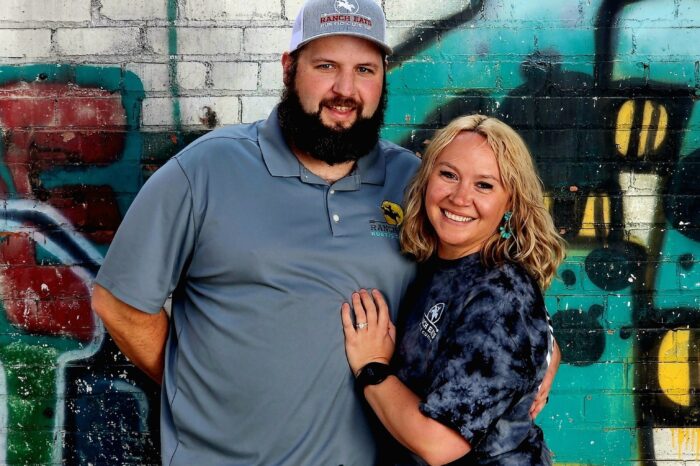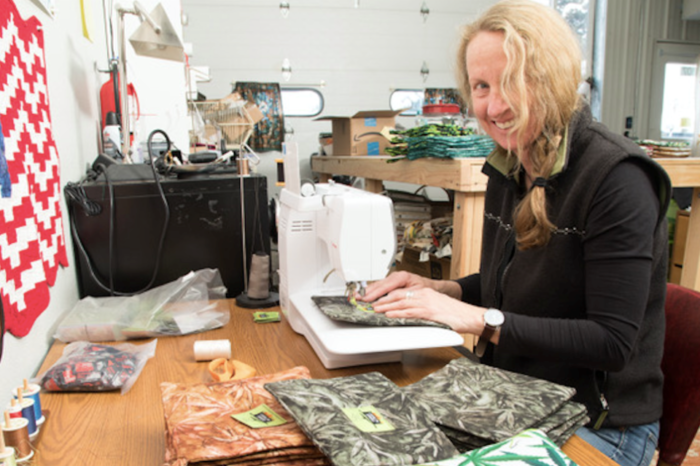#Wyostrong: Riverton Program Provides Homeless With A Path Off The Streets
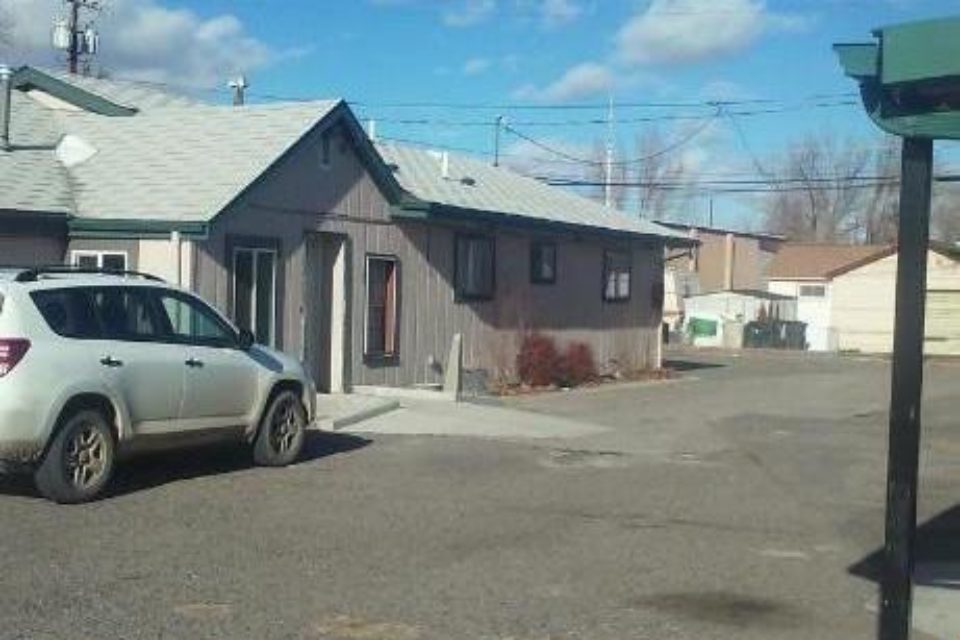
When a friend froze to death in 2013, Dana Neil Flint knew something had to change. Her friend, Dana Eagle, was homeless and struggled with substance abuse. But he sought treatment and was working to turn his life around. After a time away in treatment, Eagle returned to Riverton and had no where to go. He was homeless, and ultimately it cost him his life.
Neil Flint, whose career has been made supporting those in our communities who need it most, took Eagle’s death hard. So, she set to work providing a place to help the homeless get back on their feet. And that’s how Eagle’s Hope was born.

Neil Flint credits the seed for Eagle’s Hope as coming from the Riverton Police Department’s Solutions Committee, but things really kicked into gear in early 2014. And since then, Eagle’s Hope has served as a place to help people get off the street and back into society. Since it began, more than 200 people have come through Eagle’s Hope’s doors.
“I can safely say this is where my home started!” one previous resident said. “Thanks and help from Dana Flint and Duffy Glasgow, I am now going on 6 months sober in my own home with my daughter back in my life and my marriage having been saved. With their help, we have accomplished so much to begin our new life!”
And now, this week, Eagle’s Hope is officially opening as a registered nonprofit with a managing board and a home that’s legally its own. The building on the 700 block of West Main had been rented for a while but through significant donations, the nonprofit has purchased it.
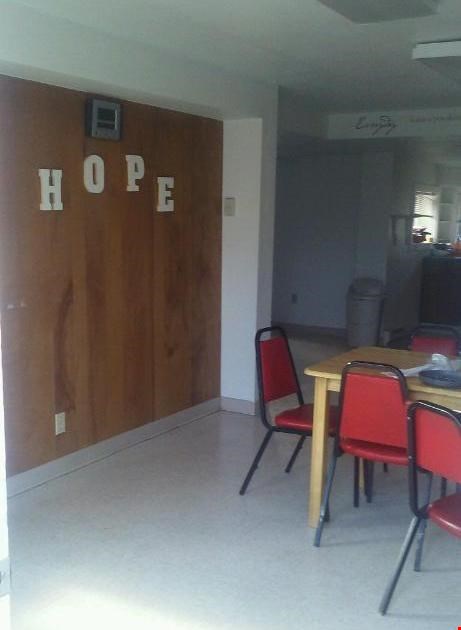
The Riverton United Methodist Church donated $50,000 toward the purchase, Neil Flint said. An anonymous donor gave another $50,000. Other churches and businesses have given thousands in monetary and physical donations to help Eagle’s Hope succeed.
The goal in helping residents is to be a hand up, not a hand out, Neil Flint says. Residents of the center must meet several qualifications.
- It’s a sober living environment; no alcohol or drugs is allowed (Drug testing kits and breathalyzers will keep the residents accountable).
- They must pay rent, although at a much more affordable cost than most of Fremont County. For instance, there is a $100 deposit required. A single occupant is $350/month and a double is $450/month.
- Residents must also have a job.
- Individuals with a violent history are not allowed.
What do they get for their rent? The center provides the roof, utilities, and minimal food. Counseling is the biggest part. Neil Flint and her team provides case management, helping each individual learn what sober living is like, offering Narcotics Anonymous and other groups, and teaching life skills (from how to do laundry to getting to work on time). Additionally, she will be bringing in people to help teach courses on different job and life skills. Residents are also taught and encouraged to be involved in the community and volunteer their time to other causes.
There are 15 units available at Eagle’s Hope, and there is no minimum or maximum stay limits. They take each individual on their own needs. Neil Flint likes to say to new residents, “I’m happy you’re here, but I don’t want you here forever.”
Riverton Police Chief Mike Broadhead is the chairman of the Eagle’s Hope board. One of the main things the center provides, in his view, is an address. Jobs and IDs all require some kind of address from applicants, and if you don’t have a home there’s nothing you can provide. Eagle’s Hope fixes this barrier of entry back into society.
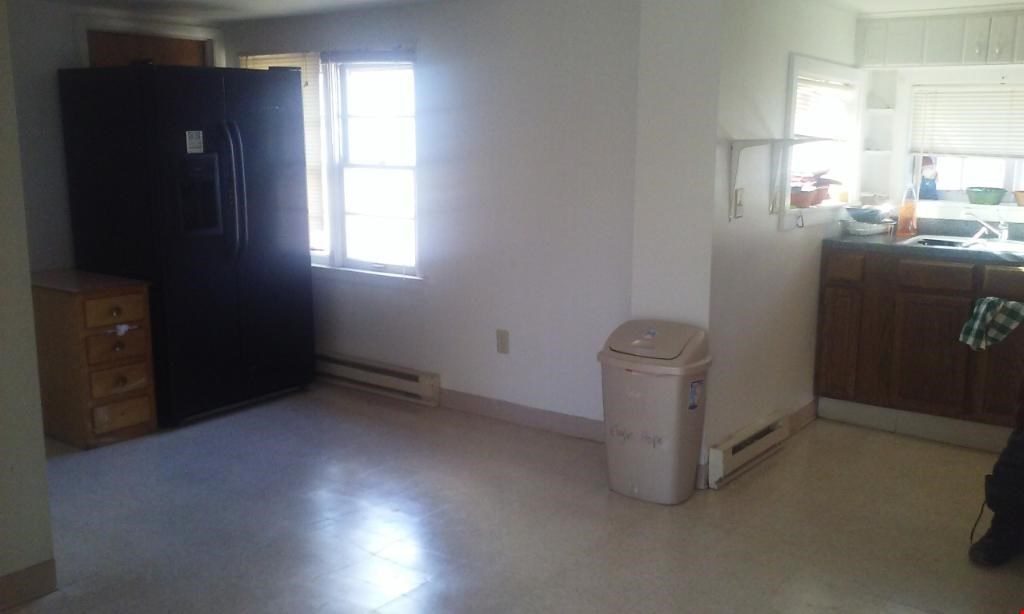
Broadhead sees Eagle’s Hope as hitting one of the three main issues facing Riverton: homelessness. The Volunteers of America is tackling addiction and Fremont Counseling is tackling mental illness. With the three groups all active, he sees positive momentum happening.
“It’s one of those things that makes our community a better place,” he said.
This is the perfect opportunity, he said, for people who want to help out but don’t have the training necessary to help in the other two realms. Eagle’s Hope can use monetary donations or even hands-on maintenance work around the facility.

